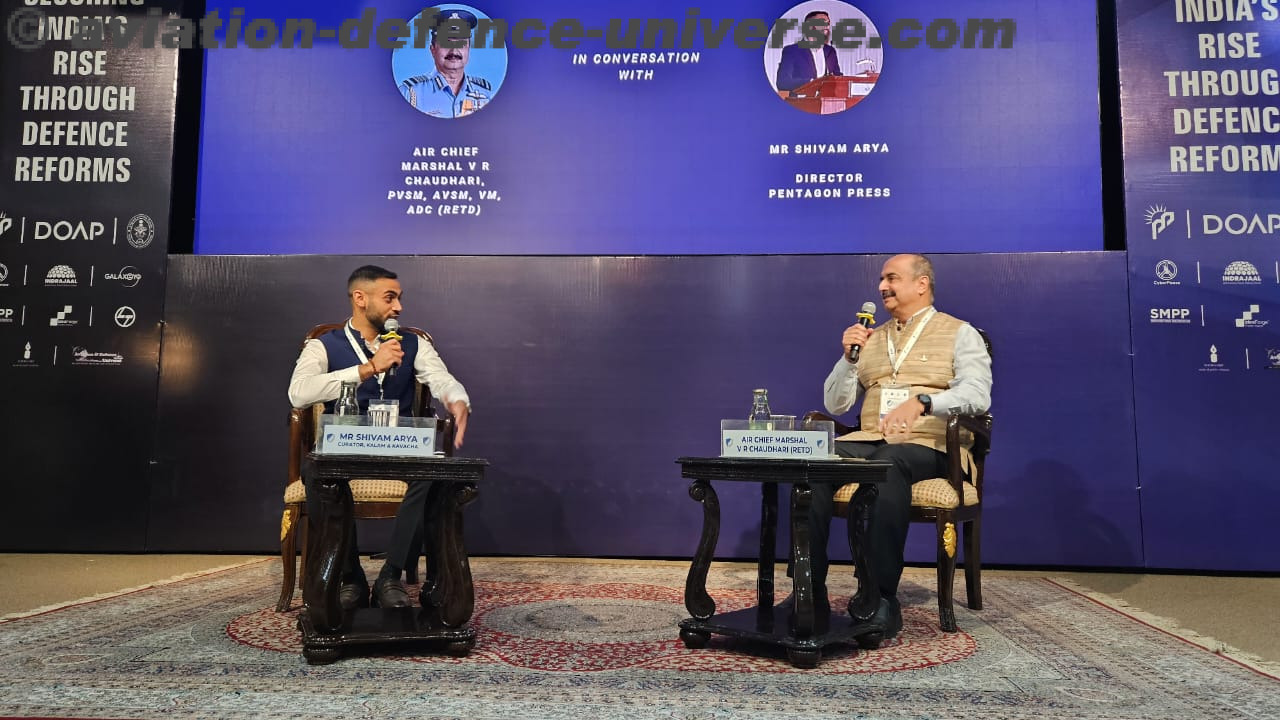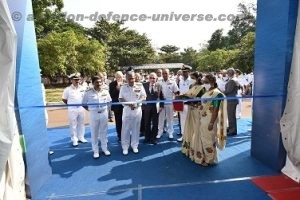New Delhi. 14 October 2020. Amitabh Kant, CEO, NITI Aayog reiterated that Atmanirbhar Bharat does not mean self-isolation but a very deep integration into the global value chains, using the domestic manufacturing strengths of India to become a leading exporter globally.
Addressing the East Asia Session – Reimagining Global Value Chains, during the 4-day ‘FICCI LEADS 2020,’ Kant said, “Manufacturing will lead India’s exports by 2025 in key sectors including mobile, electronics, pharma, textiles, engineering products etc. We are keen on creating global manufacturing champions in sectors of strength”.
He further stated that while the pandemic has affected the global value chains, India must turn this crisis into opportunities. “Countries and companies are re-evaluating their trade and manufacturing strategies which can serve as new avenues for growth in India considering the inherent competitive advantages which the country possesses. The only truly comprehensive alternative for this rapidly changing supply chain environment is India,” emphasized Kant.
He added that India has capabilities to produce export-ready goods and provide large consumption market through its domestic needs. “The government has initiated many steps to position India as a truly global manufacturing hub with strong focus on exports,” he said.
Kant stressed that digital transformation will drive India’s manufacturing sector forward with the help of technologies like AI, Cloud computing, IoT, Block chains and robotics. “In order to take its rightful place in the global supply chains, India is leveraging these technologies and applying them across the manufacturing value chains to gain competitiveness. Data will be critical to meet these goals,” he said.
Kant said that more and more innovations will further drive the large amount of data which India has. “As we move from becoming data rich to data intelligent, one would see more and more innovations. Innovations and continued investments in R&D will be required to make advanced manufacturing in India,” he said.
Elaborating on the steps to attract more investments in India, Kant said the government announced Production Linked Incentive (PLI) scheme will help the industry in a big way. “The $7 billion worth PLI scheme for mobile and electronics will have a strong multiplier impact on direct and indirect jobs. 22 domestic and international firms have submitted their proposals for mobile phones production worth Rs 11 lakh crore over the next 5 years,” he added.
He also said that similar schemes have been launched in pharma, medical devices, and soon will be finalized for automobiles, networking products, food processing, advanced chemistry, cell battery storage and solar PV manufacturing.
Dr Sangita Reddy, President, FICCI said that India is the new home for global business and will play a role, not just in the invention, but also in moving from invention to innovation and scaling. “We need to look at everything required to make India a competitive manufacturing base,” she added.
Dr Reddy further said that India should focus on enhancing the supply chain of components, not just to assemble in India but creating a vibrant components and electronic manufacturing system which will also boost the MSME sector.
Manish Sharma, Co-Chair, FICCI Electronics & White Goods Manufacturing Committee and President & CEO, Panasonic India & SA said that the East Asia has been the hot bed for manufacturing for decades and there will be significant changes that will happen in supply chain for goods and services going forward. “We as a country and industry need to prepare and precipitate in that,” he added.
Manu Kumar Jain, Global VP, Xiaomi & MD, Xiaomi India said that the expansion of local supply chains in India is a great opportunity for long term suppliers given the disruptions that have happened due to the pandemic.
Surinder Rosha, CEO, HSBC Bank India said that being able to continue providing services, shifting work from offices to even home, is a big testimony to the robustness of service supply chain.
Sunil Shewakramani, Executive Director, Li & Fung, Hong Kong said that we need better manufacturing efficiencies in India, engage more with countries with bilateral FTAs and creation of economies of scale.
Shigekazu Suenaga, Chairman, Toray Industries India said that environment is becoming central to a lot of business strategies.


























































































































